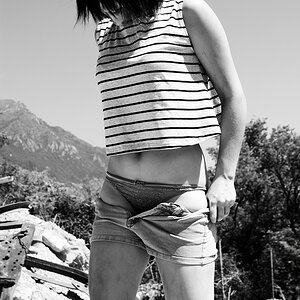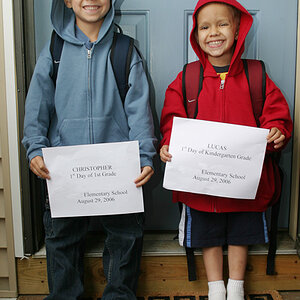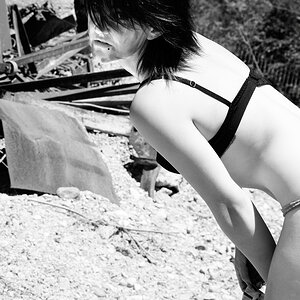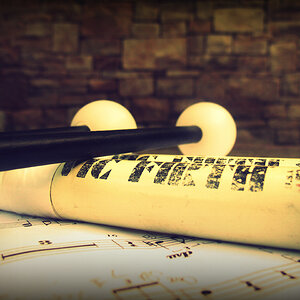Cooler_King
TPF Noob!
- Joined
- Dec 23, 2009
- Messages
- 118
- Reaction score
- 0
- Location
- Corby, UK
- Website
- www.books52.blogspot.com
- Can others edit my Photos
- Photos OK to edit
This is the second version of this thread as the first was locked due to escalating flaming. But it's sorted now :hug::
This video was embedded on a design blog that I read but the lessons apply superbly to photography I think.
Take 5 minutes and 20 seconds out of your day to listen to an expert talking about why everyone sucks when the start, and why he persevered and why you should to.
Video...
This video was embedded on a design blog that I read but the lessons apply superbly to photography I think.
Take 5 minutes and 20 seconds out of your day to listen to an expert talking about why everyone sucks when the start, and why he persevered and why you should to.
Video...
Last edited by a moderator:


 ?
? 







![[No title]](/data/xfmg/thumbnail/37/37605-90c8efaef5b7d1f52d4bf8e7dfd33673.jpg?1619738148)
![[No title]](/data/xfmg/thumbnail/37/37602-1ef8dbb1c2d0e4ff347ee65d328c3603.jpg?1619738147)